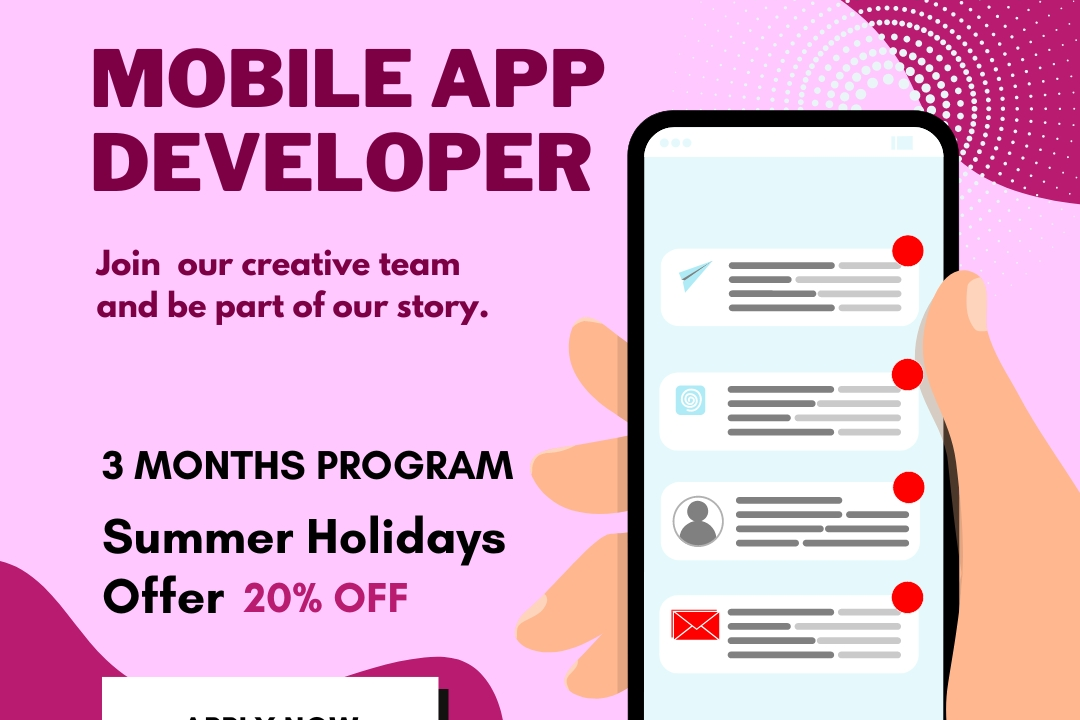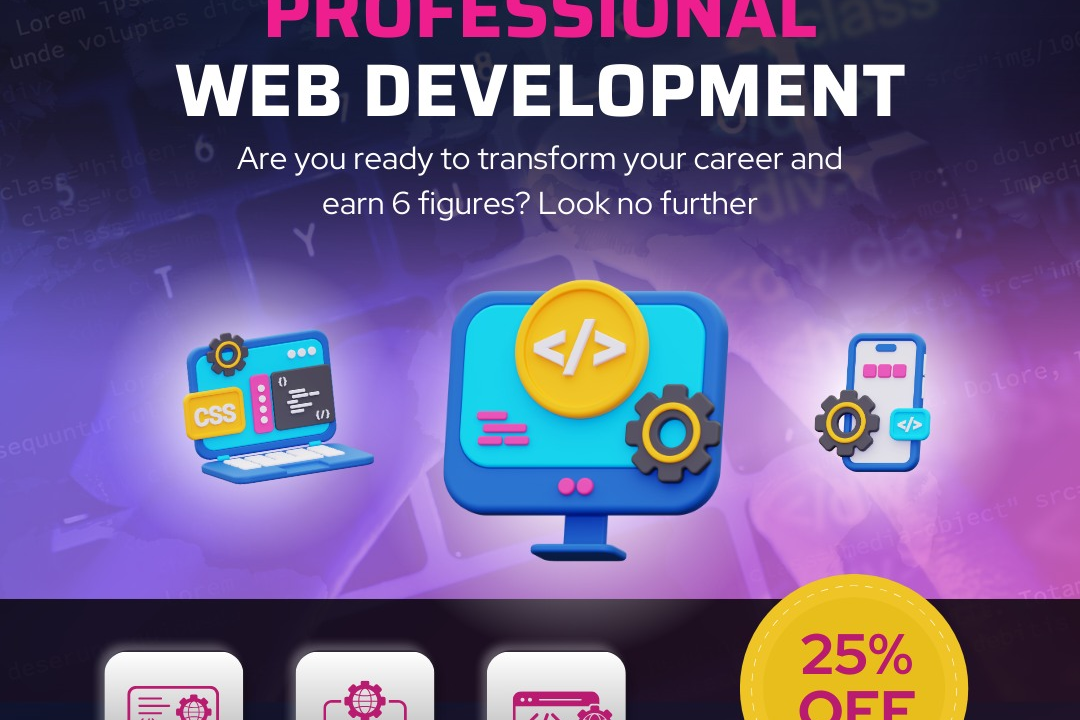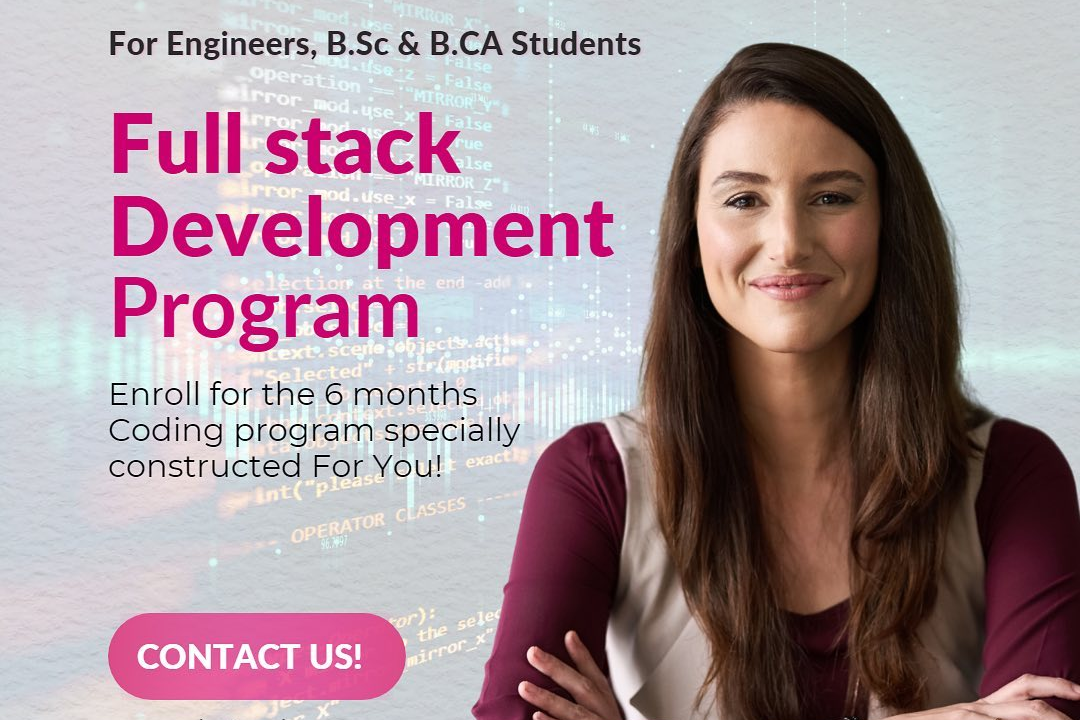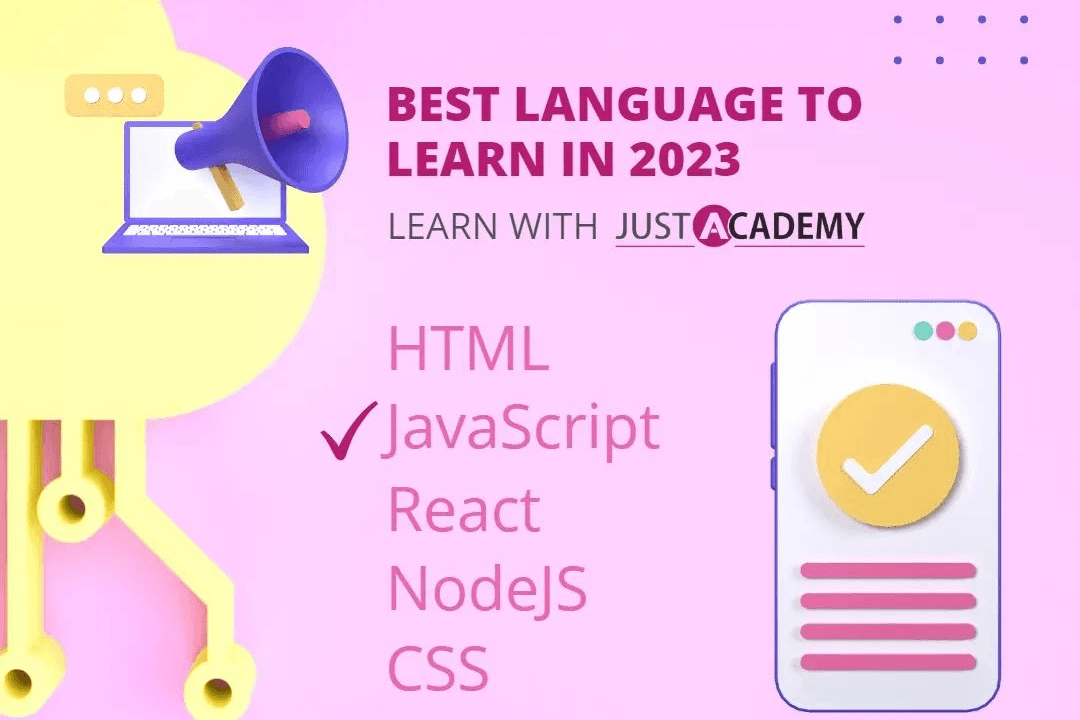React Js And React Native Interview Questions
React and React Native Interview Questions: A Comprehensive Guide
React Js And React Native Interview Questions
React JS and React Native are popular JavaScript frameworks used for building user interfaces. React JS is used for developing web applications, while React Native is utilized for cross-platform mobile app development. Both frameworks offer advantages such as declarative programming, component-based architecture, and efficient performance, making them widely used in the industry. Interviewers often ask questions about these frameworks to gauge a candidate's understanding of their key concepts, such as state management, component lifecycle, and performance optimization techniques, to assess their proficiency in building modern and responsive applications.
To Download Our Brochure: https://www.justacademy.co/download-brochure-for-free
Message us for more information: +91 9987184296
1 - What is the difference between React and React Native?
Answer: React is a front end library for building web applications, while React Native is a framework for building mobile applications using JavaScript.
2) What are the key features of React?
Answer: Virtual DOM, unidirectional data flow, and declarative UI.
3) What are the key features of React Native?
Answer: Cross platform development, native performance, and access to native platform features.
4) What is the difference between a class component and a functional component in React?
Answer: Class components have lifecycle methods and state, while functional components are simply functions that return JSX.
5) What is the purpose of the Redux state management library?
Answer: To manage the application's state in a centralized and predictable way.
6) What is the purpose of the React Router library?
Answer: To handle routing and navigation in React applications.
7) What are the benefits of using TypeScript in React applications?
Answer: Improved code quality, enhanced type safety, and better documentation.
8) What are the different lifecycle methods in React?
Answer: componentDidMount, componentDidUpdate, componentWillUnmount, and more.
9) How do you handle state in React?
Answer: Using the useState and useDispatch hooks, or by creating a local state within a class component.
10) What are the different types of navigation in React Native?
Answer: Stack navigation, tab navigation, drawer navigation, and more.
11 - What is the purpose of the `useEffect` hook in React?
Answer: To perform side effects, such as fetching data, setting up event listeners, or cleaning up after a component unmounts.
12) What are the best practices for optimizing React applications?
Answer: Using React.memo, avoiding unnecessary re renders, and leveraging memoization techniques.
13) What are the best practices for debugging React applications?
Answer: Using the React DevTools, logging console messages, and setting breakpoints.
14) How do you style React Native components?
Answer: Using CSS like syntax within JavaScript, or by using external style sheets.
15) What are the different ways to handle asynchronous operations in React Native?
Answer: Using promises, async/await, or third party libraries like RxJS or Redux Saga.
undefined
Course Overview
This course covers essential interview questions for React JS and React Native, the popular JavaScript frameworks for building web and mobile applications. It includes preparation for technical questions on React concepts, component lifecycle, state management, performance optimization, and practical scenarios. The course also provides insights into the industry best practices and common challenges faced by developers during interviews.
Course Description
Master the art of acing React.js and React Native interviews with our comprehensive course. Covering essential concepts, interview best practices, and real-world scenarios, this course equips you with the knowledge and confidence to excel in your next interview and secure your dream role.
Key Features
1 - Comprehensive Tool Coverage: Provides hands-on training with a range of industry-standard testing tools, including Selenium, JIRA, LoadRunner, and TestRail.
2) Practical Exercises: Features real-world exercises and case studies to apply tools in various testing scenarios.
3) Interactive Learning: Includes interactive sessions with industry experts for personalized feedback and guidance.
4) Detailed Tutorials: Offers extensive tutorials and documentation on tool functionalities and best practices.
5) Advanced Techniques: Covers both fundamental and advanced techniques for using testing tools effectively.
6) Data Visualization: Integrates tools for visualizing test metrics and results, enhancing data interpretation and decision-making.
7) Tool Integration: Teaches how to integrate testing tools into the software development lifecycle for streamlined workflows.
8) Project-Based Learning: Focuses on project-based learning to build practical skills and create a portfolio of completed tasks.
9) Career Support: Provides resources and support for applying learned skills to real-world job scenarios, including resume building and interview preparation.
10) Up-to-Date Content: Ensures that course materials reflect the latest industry standards and tool updates.
Benefits of taking our course
Functional Tools
1 - React JS and React Native: Open source JavaScript frameworks used to develop user interfaces for web and mobile applications.
2) Node.js: A JavaScript runtime environment that allows developers to execute JavaScript code outside of a web browser.
3) Redux: A state management library that helps manage and manipulate application state in a predictable and efficient manner.
4) JavaScript ES6+: The latest version of JavaScript, featuring modern features like arrow functions, classes, and modules.
5) React Native Debugger: A debugging tool that allows developers to inspect and debug React Native applications in real time.
6) Expo: A framework that simplifies the development process for React Native applications by providing tools for building, deploying, and testing cross platform apps.
- Answer questions accurately and thoroughly. The more helpful and informative your answers are, the more points you'll earn.
- Be active in the community.* Participate in discussions, ask questions, and vote on other people's answers. The more involved you are, the more points you'll earn.
- Earn badges.* Badges are awarded for completing certain tasks, such as answering a certain number of questions or earning a certain number of points. Badges can give you a boost in points and help you level up.
- Level up.* As you earn points, you'll level up. Leveling up gives you access to new features and rewards.
- Invite friends.* When you invite friends to join the community, you'll earn bonus points.
Browse our course links : https://www.justacademy.co/all-courses
To Join our FREE DEMO Session: Click Here
This information is sourced from JustAcademy
Contact Info:
Roshan Chaturvedi
Message us on Whatsapp: +91 9987184296
Email id: info@justacademy.co
React Native Interview Questions Javatpoint
Dart Interview Questions And Answers












